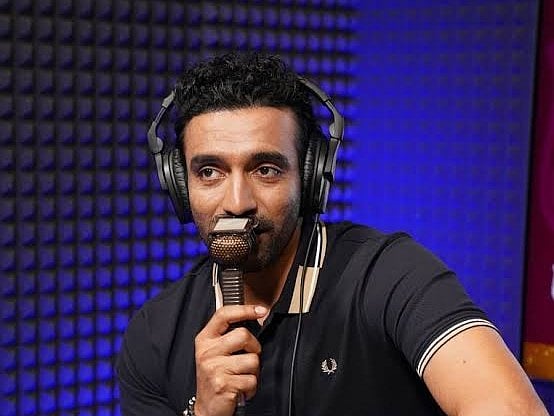Usman Khawaja has opened up on the racial bias in Australian cricket and said it continues to impact the game in this country, all the way up to the highest level. The Australian Test opener revealed that lack of representation “at a high-performance level” is a concern for players of colour. “That’s where I’m trying to work with Cricket Australia saying, ‘Look, guys ... you invest a lot of money into this, but something’s not going right. You’ve been doing it for 10 years and nothing’s changed’,” Khawaja said.
'Subconscious bias'
When pressed, Khawaja said that having the highest positions in Australian cricket — from administrators to selectors — all filled by white personnel was a major issue. “There’s subconscious bias. If you have two cricketers, one brown, one white, both the same, the white coach is going to pick the white cricketer just because he has a son that might look similar to him. It’s what’s familiar to him.”
Last month, Khawaja revealed on Twitter how he was regularly stopped by security despite being dressed in an official team kit in the middle of a series. “I got stopped 3 times last year at our hotel, while in an Australian kit and asked if I was with the Australian Cricket team...” Khawaja wrote. The Pakistan-born cricketer moved to Sydney, where he grew up and played cricket in the eastern Suburbs. He made his Test debut in January 2011, but the following 11 years saw him fall in and out of the Australian XI. He has played 56 Tests, but for a player now averaging 47.83, and 79.68 since his most recent re-call in January 2022, there’s an understanding that he should have far more caps to his name.
Khawaja vows to continue fighting
Asked if a lack of diversity at the highest level has held him back, Khawaja said: “There’s been plenty of times I should’ve been picked for teams and I wasn’t. But it just made me have a bigger chip on my shoulder.” Khawaja vowed to continue fighting for change within Australian cricket. “We’ve come a long way. But I’ll keep doing it because I want people to know what it’s like,” he said.













